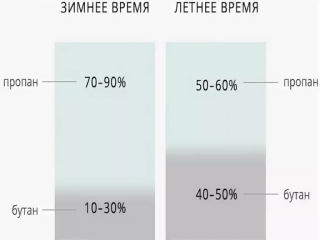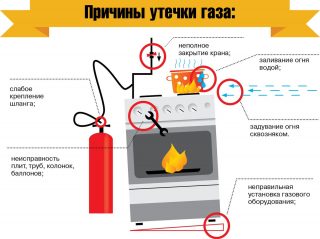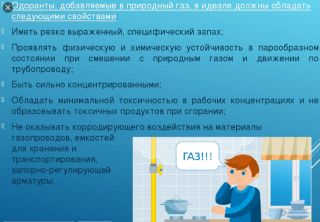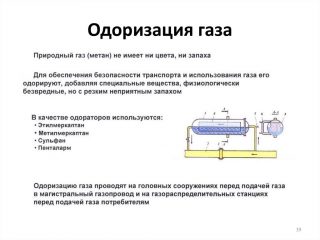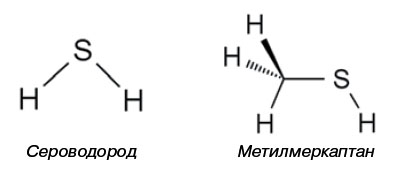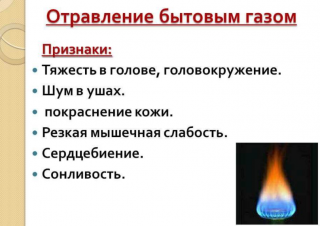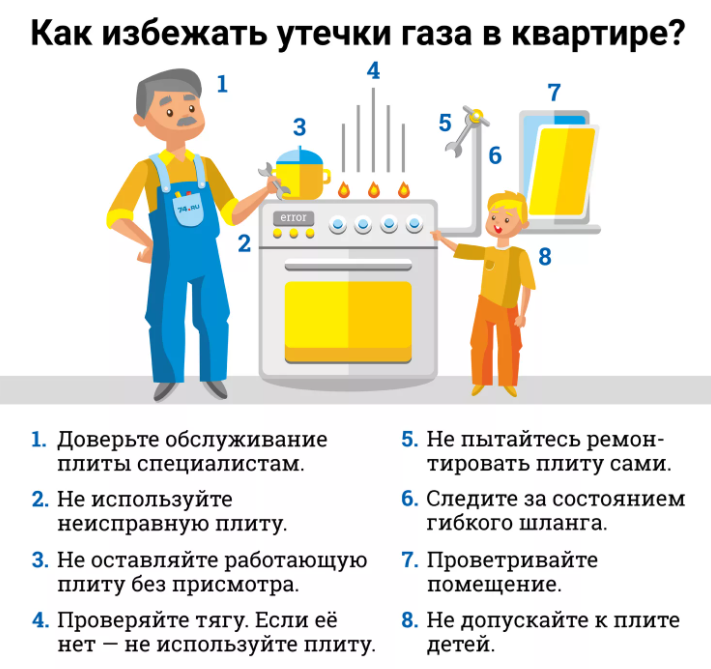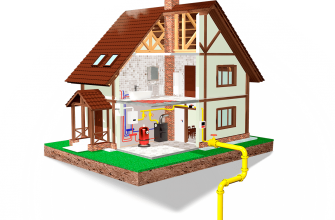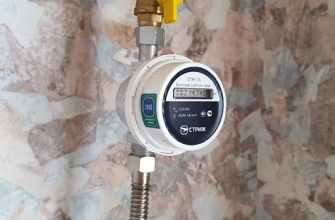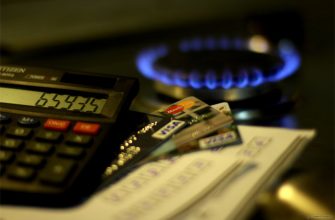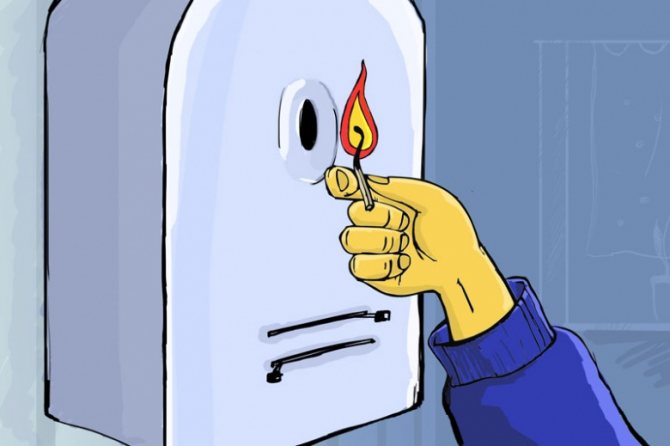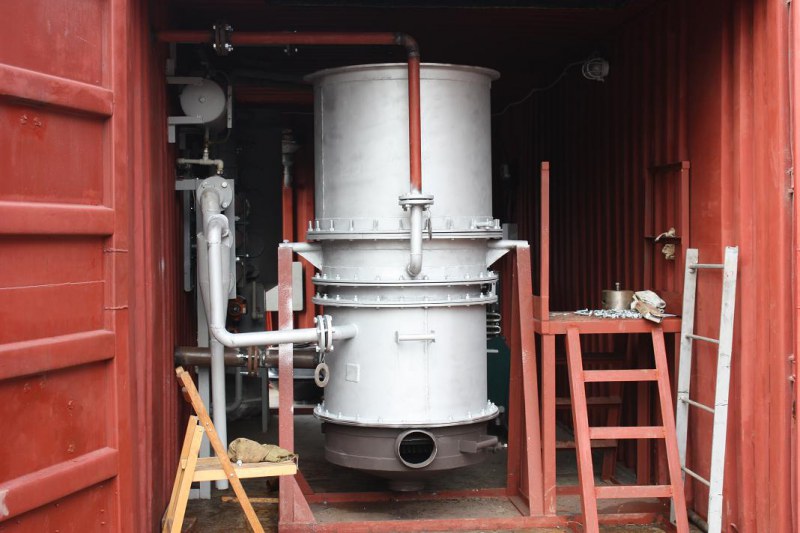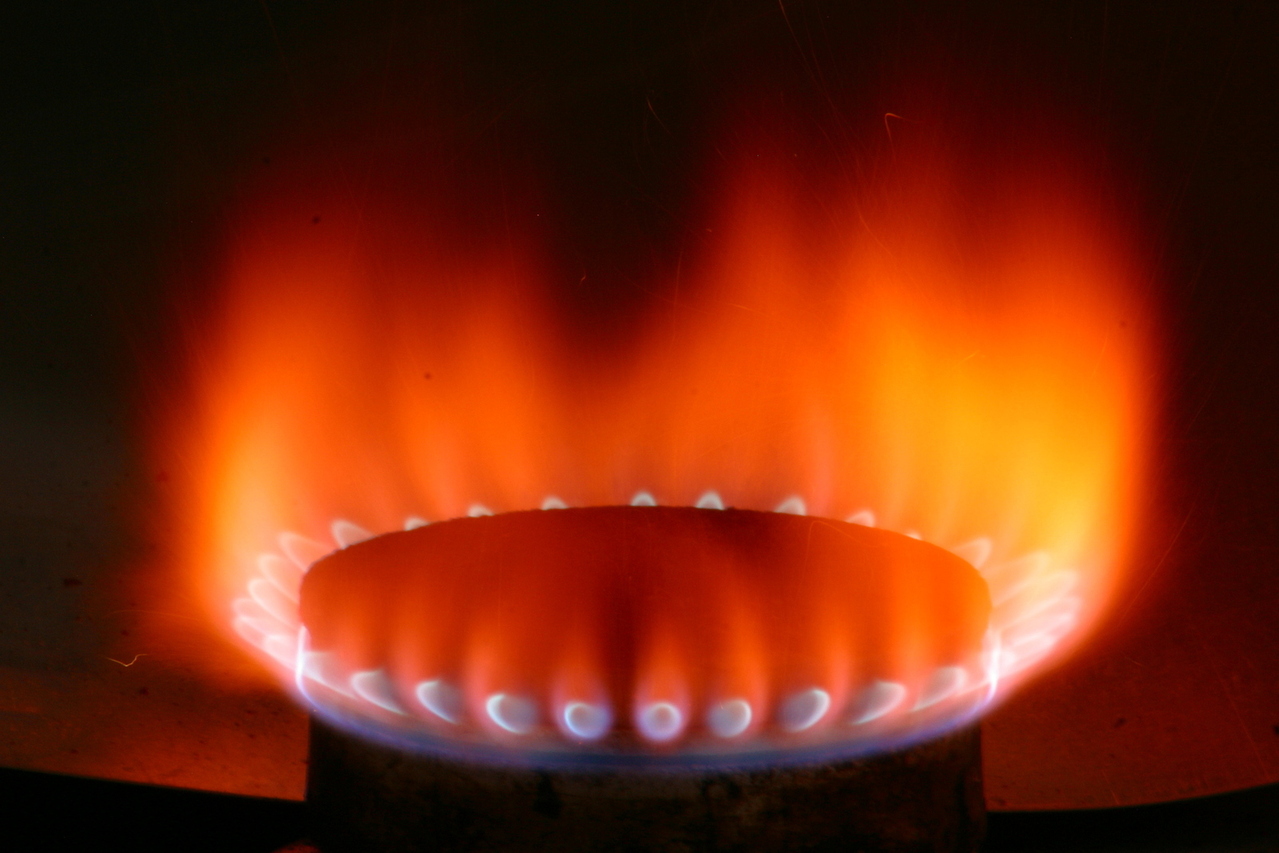Natural gas methane is colorless and odorless, but it is used everywhere in everyday life. In the event of a leak or explosion, it can cause serious damage to property, health and even human life. For quick detection of gas leaks, special pungent chemicals are added to it.
Household gas

Odorless household gas consists of methane, minor impurities of nitrogen and carbon dioxide. Methane as a percentage can be from 70 to 98%... The purer the natural gas, the more difficult it is to determine its presence in the room, therefore, for safety, various components are added to it - odorants.
In a domestic environment it is used 2 types of gas:
- natural;
- liquefied.
In the first case, the fuel (mainly methane) does not change its characteristics from the moment of production until the moment it is delivered to users. In the second case, the gas (propane-butane mixture) is converted into a liquid state and transported in special containers where there are no pipelines.
Methane is much lighter than air, therefore, when leaked, it accumulates in the room under the ceiling. If used propane-butane liquefied gas, which the heavier than air, it stays at the bottom.
Liquefied gas generates more heat during combustion, but the mixture is more explosive, moreover, it is in pressurized cylinders.
General information on household use
Before gas enters apartments, it is transported through main pipelines under high pressure, and then goes through city pipes, where the pressure is lower. Before entering the house the fuel pressure is reduced to a minimum by means of a reducer... This is another security measure. LPG cylinders also have a pressure reducer that reduces pressure.
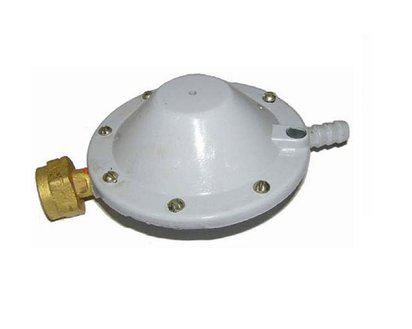
Whatever gas is used in apartments, an accident can occur if mishandled. Therefore, the commissioning of systems is carried out by companies licensed to carry out such work - self-assembly of pipes and starting fuel is strictly prohibited.
Besides heating and cooking, natural gas is used to fuel cars. Compared to gasoline, harmful emissions are 5 times less, and the fuel itself is cheaper.
If it is impossible to connect to the main gas pipeline, the house can be heated with bottled gas. For this, safe storage facilities are being built, from which fuel is supplied to the autonomous heating system.
Causes and consequences of the leak
Childrenwho play next to a gas stove may turn it on without knowing the danger. If the child is already able to understand the words of the parents, he needs to explain what can happen if the gas is turned on.
Leakage may occur in case of damage to the rubber pipe, cylinder or other system components, or if they are carelessly installed or dropped. Old hoses must be replaced in time and the connections must be checked for leaks each time.
Old containersthat lie in closed rooms (closets, sheds) for years can leak. With a small spark, an explosion occurs. Recommendation - old cylinders should be disposed of or stored immediately after use.
Leakage can result in poisoning of people in the room or explosion if spark from fire or electricity is generated. In the first case, an unconscious person must be taken out into fresh air and an ambulance must be called.
Gas smell
In the absence of odor, methane gas in concentration above 4.5% may cause explosion. This is often the case in coal mines as it absorbs (adsorbs) gas.
Propane explodes more often than methane. The reason for this is that the methane rises up where the ventilation system is located and escapes. Propane remains at the bottom, so the danger of ignition is much more likely.
Due to the absence of natural odor and the difficulty of detecting leaks, it is customary to add to gas odorants - substances with a pungent odor.
Why are odorants added?
- odor even at low gas concentrations;
- stability at low temperatures;
- no condensation when there is a temperature difference inside and outside the pipes;
- absence of toxic combustion products after using gas;
- absence of solid fractions during or after fuel combustion.
The smell of gas must be different from all known, so that residents pay attention and call the emergency service.
Varieties and concentration of impurities
- methyl mercaptan;
- ethyl mercaptan;
- propyl mercaptan;
- isopropyl mercaptan;
- butyl mercaptan;
- isobutyl mercaptan;
- sec butyl mercaptan;
- tert-butyl mercaptan;
- dimethyl sulfide;
- diethyl sulfide;
- methylethyl sulfide;
- tetrahydrothiophene.
Odorants are distinguished by chemical composition sulfur-containing and sulfur-free.
Sulfur gas additive for odor methyl mercaptan wears out gas pipes faster, has a high reactivity. Due to the decrease in concentration, it is not used as the only odorant.
Ethyl mercaptan - one of the first odorants, but due to its high toxicity, it is also not used.
Tert-butyl mercaptan - a more stable chemical compound with a stable odor, low toxicity. It freezes at a temperature slightly below zero degrees, which is a minus, since in this case it requires heating pipes in winter.
Alkyl sulfides - less odorous compounds, therefore they are combined with methyl mercaptans.
TGT - tetrahydrothiophene Is the most stable odorant. It has a high boiling point and low freezing point, therefore it is in constant concentration in the fuel. Minus - it does not have a very strong smell, therefore it is most often added in combination with other odorants.
Natural Gas Odorant SPM - combined poisonous volatile flammable substance, which is classified as hazard class 3. Consists of several natural mercaptans. Has a strong smell of rotten onions, which is caught in the air even in very low concentrations. SPM is used at all gas distribution stations - nform of 16 g of liquid substance per 1000 cubic meters of gas.
To calculate the amount of odorants in a gas mixture, special devices with different determination methods are used - gas chromatographic or electrochemical.
What to do in case of a gas leak
If it smells like gas in the apartment, you need to act quickly... The smell is noticeable already when 1% of the air in the room is filled, so first you need to turn off all the taps and turn off the appliances that run on gas - the stove, the boiler. Next, open the window and ventilate the room, then call the gas service.
Do not turn on electricity - this can cause a spark and explosion.
The main signs of a leak
- the characteristic smell of rotten eggs (hydrogen sulfide);
- yellowing of vegetation near the leak;
- decrease in gas pressure in the house;
- if you use a soap solution, applying it to the surface of the pipe, you can see bubbles at the leak;
- the leak is cold to the touch;
- the sound of gas coming out is a hiss.
Do not search for leaks with a lighted match or burner to ignite the stove.
- dizziness, headache;
- nausea, vomiting;
- hallucinations;
- dry mouth.
If you breathe in gas vapors for a long time, you can lose consciousness. Better to go outside right away and call the gas service.
If the ventilation system is working well and the home is using methane gas, there may not be an explosion, but the source of the leak still needs to be identified.
Where to call
The team is obliged to leave at the place of call no later than 5 minutes after the call and arrive no later than 40 minutes.
In the event of an explosion, call fire brigadedescribing the situation at the scene to the dispatcher, who determines the severity of the accident and calculates the number of special vehicles.
If someone tries to interfere with the operation of the gas distribution station unauthorized, it is also necessary to call police outfit.
What to do on your own
While the gas service is traveling, it is necessary leave the premisesif the gas content is very strong. This will avoid poisoning. In this case, most likely a strong leak has occurred in the basement and the fuel comes out under slight pressure.

Gas leakage prevention
Do not leave switched on gas appliances unattended (with the exception of boilers with a safety system against leakage). It is better to store old equipment in a non-residential ventilated area - over time, the cylinders begin to let the remaining gas inside. They must not be cut without first cleaning.


